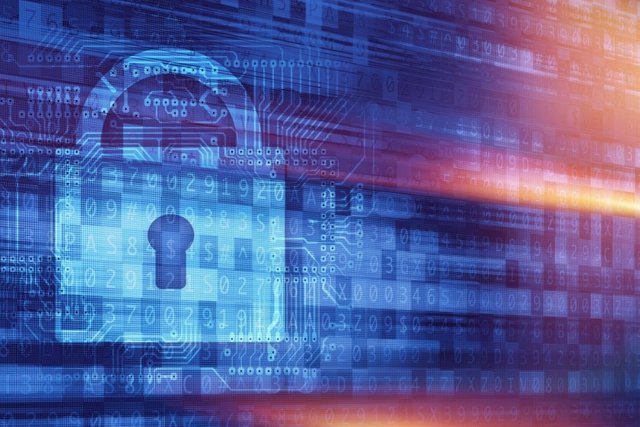South Koreas landmark decision
In a case in which a man was jailed for running an illegal porn site, prosecutors found that the man had been accepting membership payments in Bitcoin fort the service. The court determined in the case that the Bitcoins received could not be confiscated as they did not constitute as a currency of economic value. Therefore implying that the currency was not recognized as such. The South Korean Court then again reopened the case last year as a prosecutor appeals to confiscate the coins again on the basis of them having true value.

The second hearing was importantly determining for Bitcoins legal classification as a financial instrument as it stated "the crime of profit concealment does not limit itself to criminal income of cash, property, deposit or stock of any economic value. This meant that the Bitcoins were permissible as a currency of value as they could be exchanged for fiat currencies, and therefore established it's economic validity. The 216 Bitcoins received by the criminal were traced to an an email address connected to the porn site, and the private keys were acquired through a legal sanction

Hawaii Recognizes Bitcoin as a Currency
There are two bills that are being introduced by lawmakers in the state under the "money Transmitters Act" that addresses cryptocurrency exchanges and their users and their need for a cryptocurrency license. Bureaucrats review the bill HI sb3082 that will enable the tethering of financial regulations upon Bitcoin and other crypto assets, and it will apply to all those who hold and trade cryptocurrencies in the state as it recognizes Bitcoin as a permissible investment of statutory trust.

Also laws that enforced cryptocurrency exchanges to hold reserves of USD have been lifted in hopes of making their economy for accessible to exchanges, a law that led to Coinbase leaving the state as their base of operations. The new law will however now require these exchanges to delegate full transparency of their users information, data and trends along with their own histories of finance and plans for the business. It's important for a government to determine whether an exchange is safe and beneficial for their economy, however citizens of the state have been vocally opposed to the automation of their personal information and records.

People who use cryptocurrency usually do so because of privacy and decentralization, but this law kind of takes this sentiment for a ride. Although the state will be more open to exchanges many will feel uncomfortable with the conditions of the bills, and might saturate public investment. Alot of people who transact cryptocurrencies do so on exchanges as they can use their own network to do so at really low costs and fast speed, rather than on the blockchain of that actual crypto. Because of this the new proposed law will dilute such anonymity due to regulatory enforcement, and subjugate public empowerment by delegating sensitive personal information to regulatory agencies.
Are these progressions good for cryptocurrency or good for the entities looking to increasingly regulate and underperform them? Check out yesterdays post that I did about IOTA's smart city plan with Taiwan!:
https://steemit.com/crypto/@blockchainboom/iota-to-develop-smart-city-in-taiwan
How do I get the previous one?
Downvoting a post can decrease pending rewards and make it less visible. Common reasons:
Submit
Links just beneath the last line on the post @roman.hasan
Downvoting a post can decrease pending rewards and make it less visible. Common reasons:
Submit